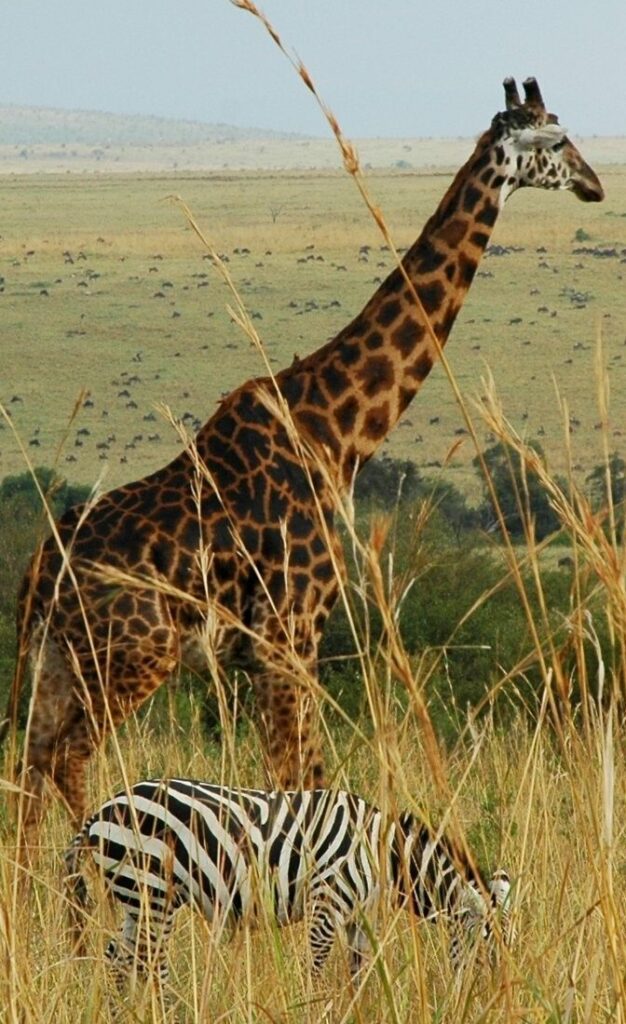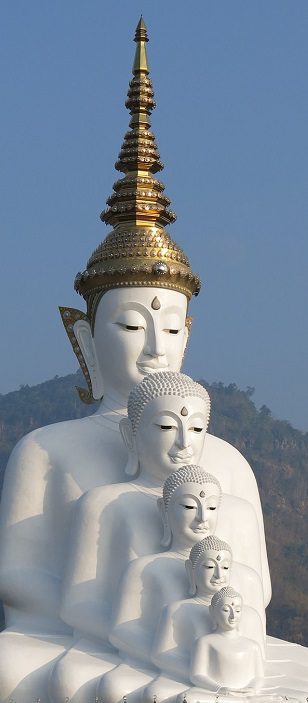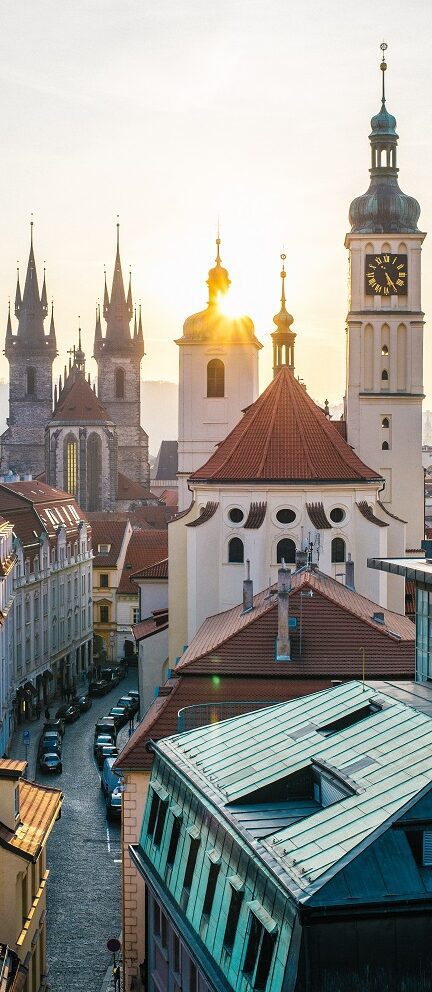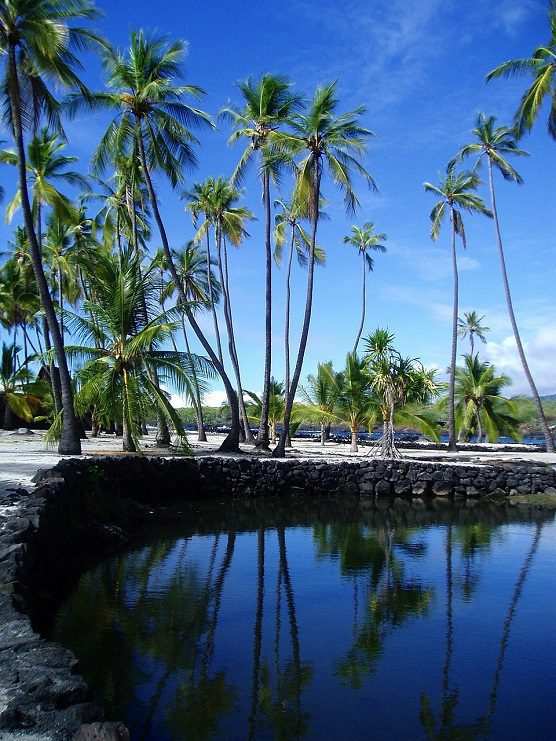Proponents believe that lands abandoned by humans because of shifts in population or agricultural practice should be returned to their natural, undomesticated state. George Monbiot, the British author of Feral, a manifesto on the subject, has argued for the reintroduction of vanished species to their former habitats across the continent. He often refers to the wolves of Yellowstone, which have restored ecological balance since being brought back to the park in the 1990s. Iberian wolves, which have been spotted in the vicinity of Faia Brava, may soon become a regular part of life here, too.
Even those who like the idea of rewilding—and many do not—are sceptical about its economic sustainability. This, says Collier, is where tourism comes in. He’s the wildlife tourism manager of Rewilding Europe, a Netherlands-based non-profit that manages restoration projects across the continent, while also financing and marketing wilderness lodges connected to those efforts. Its current ventures include reintroducing red deer and bison in Croatia’s Velebit Mountains and building a mobile-camp facility in Italy’s central Apennines, the last holdout of the brown bears that once prowled the outskirts of ancient Rome.
Earning local support isn’t easy. Rewilding Europe’s conservation goals sometimes conflict with the limiting and animal husbandry traditions of nearby communities. But Collier believes that rewilding can also create opportunities for inns, tour companies, and guides. “Rather than just buying up land,” he told me, “we want to create entrepreneurs.” If the model proves successful, semi-forgotten regions across Europe could become tourist destinations.
Last summer, a pair of tented camps opened in the Coa Valley, giving the rewilding movement its first tourism test case. Star Camp, where I spent my first two nights, is currently the only lodging option inside Faia Brava. Run by Sara Noro, who also operates a bed-and-breakfast in the nearby village of Quinta de Pero Martins, it’s a permanent compound of three canvas tents, each with running water, a composting toilet, and a king-size bed. Plenty of work remains to be done: Collier would like to see a once-abandoned stone shed, which the camp has been using as a minimal kitchen, transformed into a comfortable check-in area. But one thing that is already perfect is the location.







